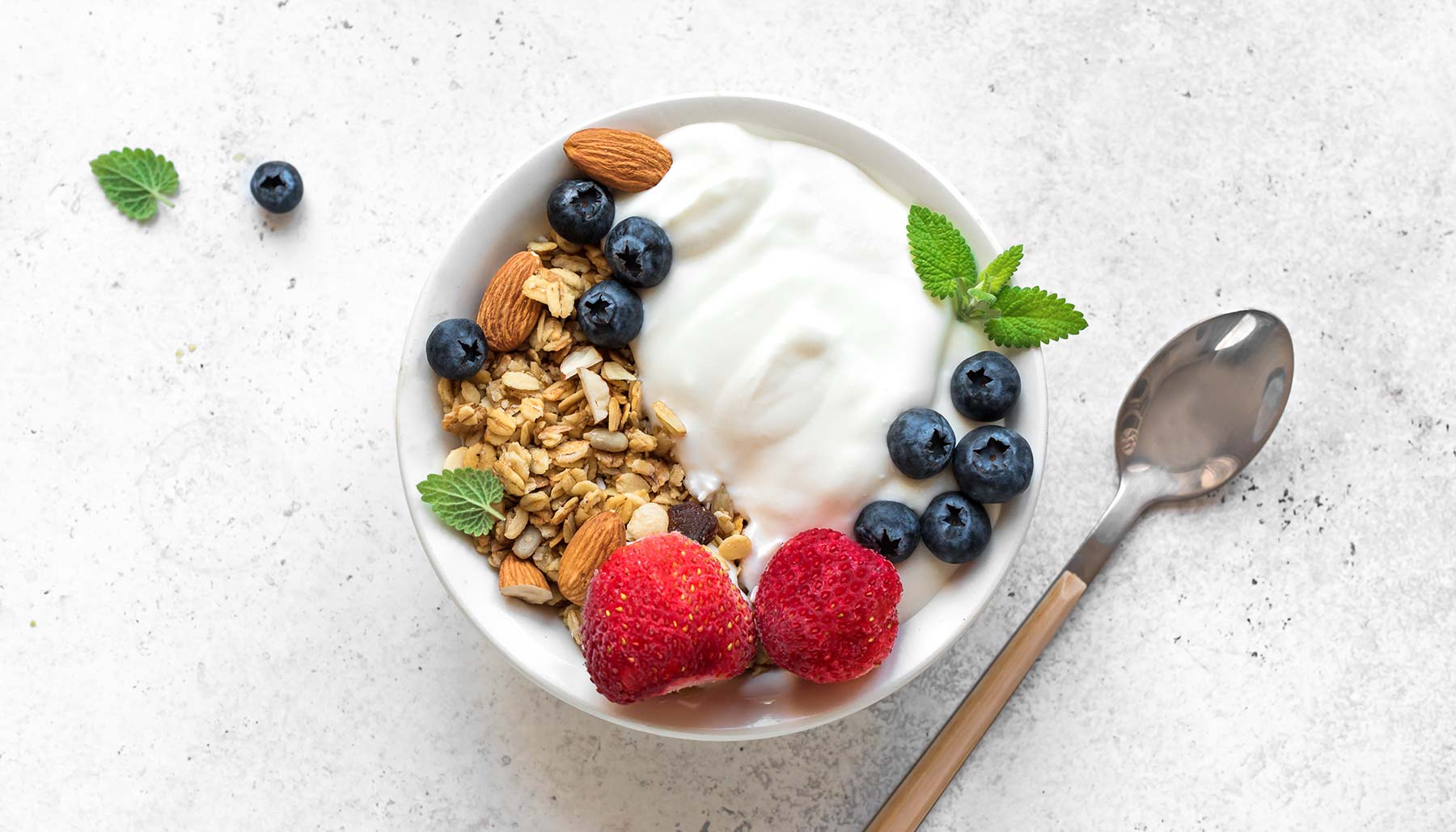I’ve never been much of a breakfast person.
It’s not that I don’t like breakfast — traditional American breakfast foods are some of my favorites. Egg and cheese biscuits, anyone?
No, it has more to do with not being awake in the mornings. It takes me a long time to actually wake up after I roll out of bed, and by then, I’m already out the door. So, I wait until lunchtime to eat anything substantial, and by then I’m starving and scarfing down whatever I can find.
Lately, though, I’ve been trying to actually eat breakfast. It’s the most important meal of the day, after all. And that’s more than just an old wives’ tale, too. Breakfast can boost your energy levels and alertness. Plus, we shouldn’t skip breakfast because it actually jumpstarts our metabolism.
Okay, so we should be eating breakfast — check. But what should we be eating, exactly? Something healthy, obviously. I know, no donuts.
Unfortunately, lots of foods on grocery store shelves that claim to be “healthy” or “guilt-free” aren’t actually as healthy as they seem. Finding foods that are as nutritious as they claim to be has become increasingly difficult.
In fact, some healthy-sounding breakfast foods might as well be those donuts we’re not supposed to be eating!
Here are a few breakfast items that aren’t as healthy as the claims make them sound. Check those labels carefully before you pick these up as a healthy breakfast.
Granola
Yes, granola can be healthy — but it’s important to remember that not all granola is created equal.
We reach for granola because oats provide you with fiber and iron, and nuts and seeds give you protein and unsaturated fats. And yeah, that sounds pretty healthy. But often, there’s likely a ton of sugar lurking around in there, too.
The trickiest part about granola is that the sugar isn’t always going to appear on the label as something you recognize, like high-fructose corn syrup or even just sugar. Instead, companies like to try and hide their sweetener behind healther-sounding names that don’t usually raise red flags. Watch out for ingredients like brown rice syrup, oat syrup solids, molasses, or evaporated cane juice.
Flavored Yogurt
Flavored yogurt is another food that sounds healthy, but it actually loaded with sugar.
Yogurt got a good rap over the years. It’s loaded with calcium to promote bone health, it can aid digestion, and often offers plenty of other important nutrients. But again, there’s too much sugar here.
The average flavored yogurt found on most grocery shelves — think Yoplait or Dannon — probably has a lot more sugar than you think. It can even top the sugar content of typical desserts. They also often contain other unhealthy stuff, like artificial sweeteners, dyes, and artificial flavors.
To get some real health benefits from yogurt, you should be reaching for Greek yogurt, unsweetened yogurt, Australian yogurt, or other similar varieties. You’ll get the protein, calcium, vitamins, and probiotics without the extra additives and sugar.
Turkey Bacon
Don’t shoot the messenger here, but it’s time to put the bacon down. Or, at least some of it.
Turkey bacon is often bought under the assumption that it’s a healthier alternative to the traditional pork stuff. In reality, it’s not really any better for you than eating pork bacon. Both of these should be limited in your diet (again, don’t shoot the messenger!).
Look, turkey bacon is high in saturated fat and sodium, just like the pork variety. Sure, it contains slightly less calories, but the difference is so minimal that it’s hardly worth mentioning. Plus, the lower overall fat content is negated by added sugar and less protein.
The key here is to limit your intake of bacon, whether it’s the pork or turkey stuff. You can’t just switch to turkey bacon and assume you can eat the whole package, thinking it’s healthier.













